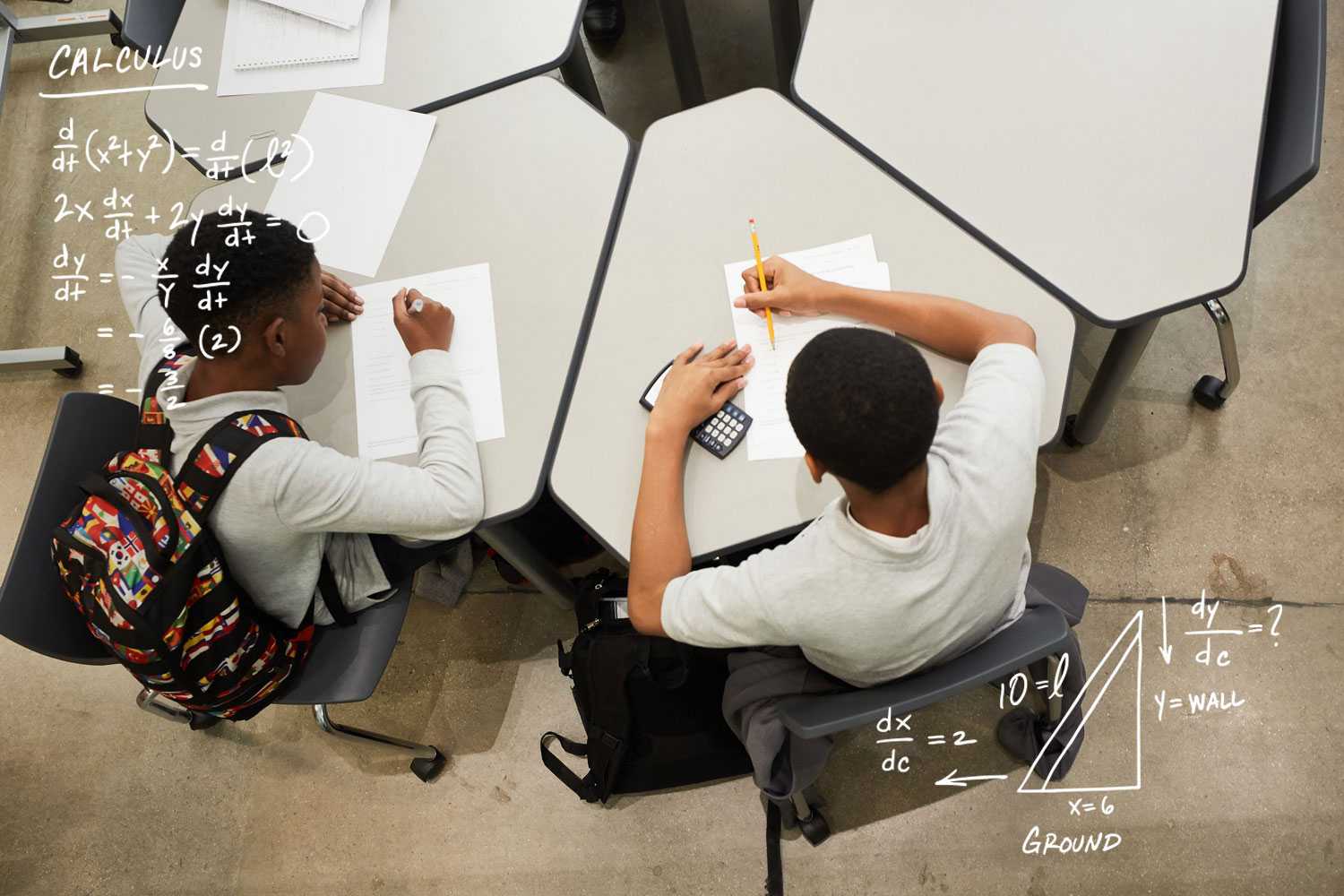Student Assessment
How can we make assessment meaningful and useful for students?
Concerns about standardized testing have given assessment a bad name, but good assessments are essential for analyzing and advancing learning.
The term “assessment” encompasses a wide range of strategies and instruments, from traditional tests to peer feedback on real-world projects.
A positive culture of assessment can empower everyone in the school community—educators, families, and students—and promote equity.
Why This Topic Matters
Without assessments, how would we know if students are learning and making progress toward their goals, including being fully ready for college and career? How would we know if some students aren’t getting what they need to achieve and thrive, or where students are encountering stumbling blocks? The answer is simple: we wouldn’t.
Assessments are not merely tests and quizzes. Assessments are tools of various kinds to measure and document progress. They can also support learning, deepen students’ engagement with their work, and empower them as learners. Schools can incorporate real-world ways for students to show their teachers and see for themselves what they’ve learned, often referred to as authentic assessments. These include performance tasks, portfolios of student work, and capstone experiences, all of which provide opportunities for students to demonstrate their mastery of diverse content and an array of skills. Schools can also advance learning toward mastery by adopting equitable grading practices focused on authentic assessment of demonstrated student learning as part of an innovative approach to teaching and learning.
Questions to Explore and Discuss:
- What are the various ways high-quality assessments can benefit students, teachers, school leaders, and parents? How can high schools build a positive culture of assessment to maximize those benefits? How can a school assemble a diverse and capable staff who share its philosophy and ambition?
- What different roles do summative and formative assessments play in high schools? How can high schools use formative assessments to empower students and help them build confidence, productive persistence, and competence as lifelong learners?
- What are the opportunities and challenges of using capstone and other performance assessments? How can they complement other measures of college and career readiness?
- How can equitable grading practices empower learners, disrupt historic disparities, and help prepare all students for the future?
